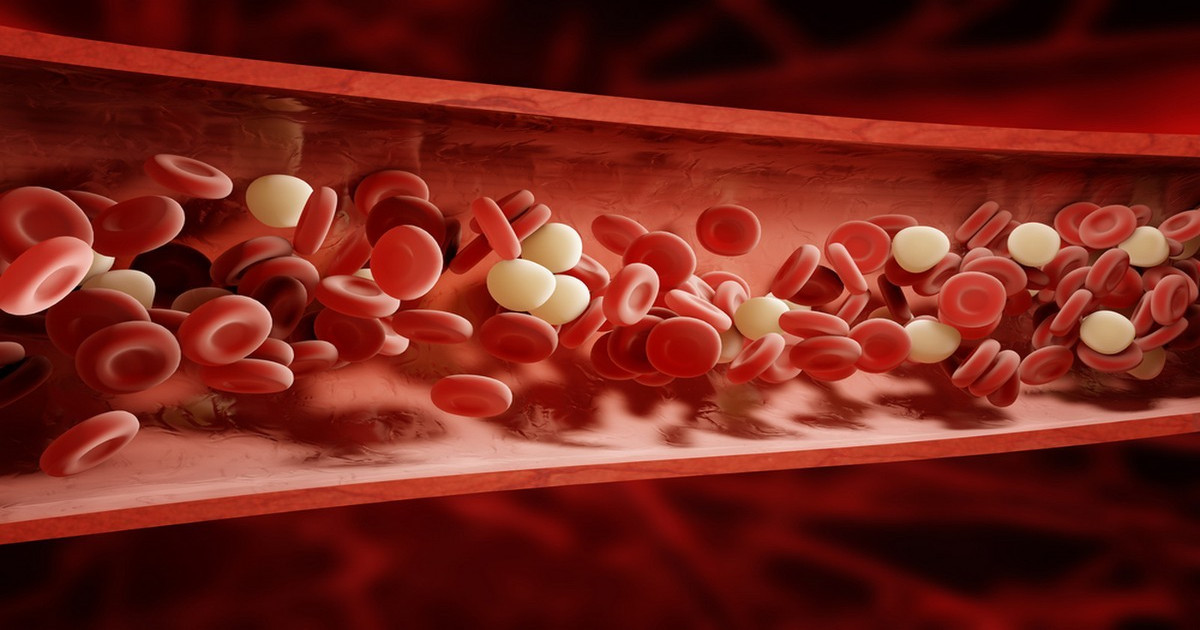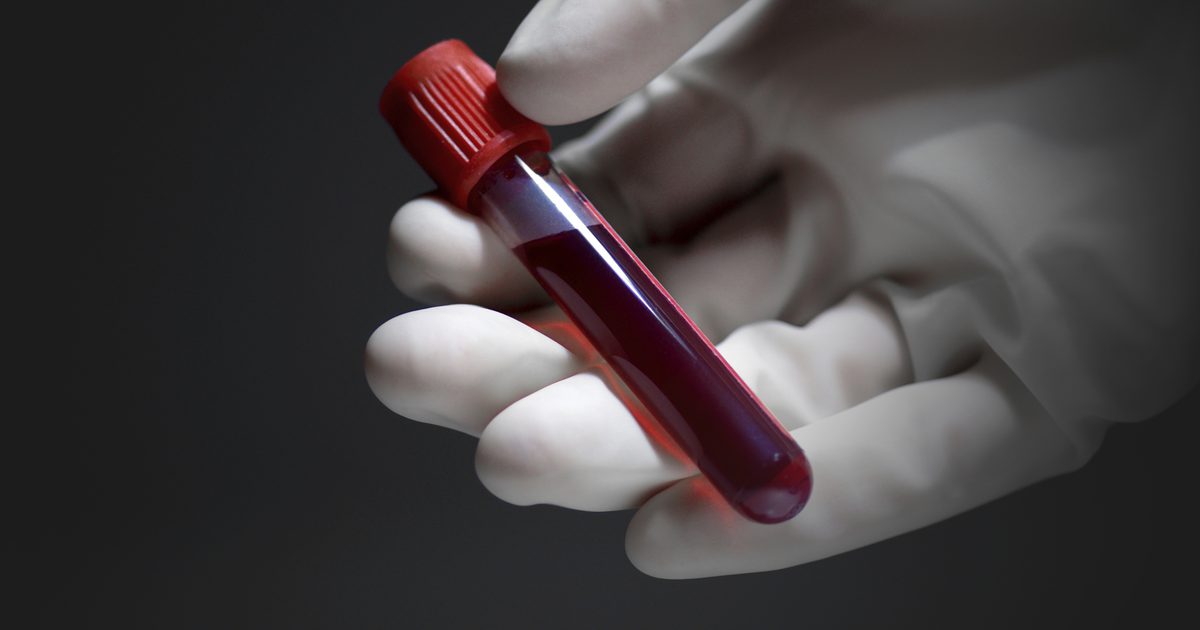What Is Anemia?
Anemia is a common condition that affects nearly one-quarter of the global population. It is also often correlated to a deficiency in vitamins and minerals, such as iron and vitamin B12. When the body lacks these elements in the blood, it causes issues with oxygen-rich blood flowing through the veins and this blood transporting nutrients where they need to go. Additionally, many individuals who have been diagnosed with anemia are uncomfortable with the term itself. When one is diagnosed with any medical condition there is uncertainty with regards to the unknown.
What Is Anemia?

Anemia is defined as virtually any condition in which the body does not produce enough healthy red blood cells; which are critical to the body's successful functioning. Red blood cells are vitally important to an individual's health as they carry hemoglobin, which is a complex protein that contains iron molecules. The main function of iron molecules is to carry enough oxygen from the lungs and disperse it to the rest of the body. If the body is not creating the red blood cells it requires on its own, it may react by experiencing a number of unfortunate and harmful symptoms.
What Causes Anemia?

Anemia occurs when there is a shortage of functional red blood cells in an individual's body. Anemia can happen if an individual experiences a significant loss of blood internally or externally. This loss of blood could be through wounds, an injury, menstrual bleeding, cancer, digestive ulcers, and certain medications. The next major cause of anemia is a decreased or impaired production of healthy red blood cells. There are several ways this can happen, including a shortage of a mineral called iron, and when the body is unable to properly absorb vitamin B12, which is required along with iron for the production of healthy red blood cells.
Kidney disease is another common cause of anemia because poor functioning kidneys do not secrete a hormone that assists the bone marrow with the production of red blood cells. Sickle cell anemia also causes the bone marrow to produce irregular red blood cells with an altered hemoglobin structure that deems it non-functional. The third main mechanism that causes anemia is when red blood cells are destroyed faster than the body can replace them. Excessive red blood cell breakdown can occur because of an abnormal immune response, infections, venom, toxins, severe hypertension, spleen enlargement, and clotting disorders.
Risk Factors For Anemia

Anemia is a disorder that can occur in an individual of any gender, age, and race. However, there are certain factors that can increase an individual's risk of developing anemia. Individuals who have a harder time obtaining key nutrients like iron and vitamin B12, such as vegetarians and vegans, are at an increased risk for anemia. Those who sustain severe injuries or undergo invasive surgical procedures also have a higher risk of developing anemia. Long-term serious diseases can cause an individual to be more susceptible to developing anemia such as kidney disease, rheumatoid arthritis, liver disease, diabetes, cancer, and heart failure.
In addition, any patient with a familial history of any inherited types of anemias will be at a greater risk of developing the condition. The presence of any disorder of the intestine that disrupts the normal absorption of nutrients can put an individual at a greater risk of acquiring anemia. Women who have heavy menstrual periods, who have recently given birth, and who have heavy menstrual periods are also more vulnerable to developing anemia.
What Are The Symptoms Of Anemia?

Many symptoms of anemia are common, regardless of the specific type of anemia present in a patient. Common symptoms indicating anemia include persistent fatigue and lethargy without another discernable cause, pale skin, chronic shortness of breath, chest pain, and heartbeat abnormalities (e.g. too fast or otherwise irregular). Patients dealing with anemia or many types often also complain of often feeling cold, particularly in the extremities. They may also find they often feel lightheaded or dizzy, particularly when exerting energy and when changing positions quickly (e.g. standing up too quickly). Other warning signs to look out for include fainting, brittle nails, enlarged lymph nodes, and issues with blood pressure.
Complications Linked To Anemia

When an individual has a severe case of anemia or if anemia is left untreated, a number of serious complications can result. While different types of anemia can cause a range of different complications, there are several complications most have in common. An irregular or fast heartbeat is a common complication of anemia because low blood oxygen levels signal the heart to contract faster. This occurs because the heart attempts to compensate for the lack of oxygen in the tissues throughout the body. Ultimately, heart problems caused by anemia can result in heart failure.
Anemia patients will also often have a poorly functioning immune system. In anemias that involve the increased breakdown of red blood cells, the spleen works overtime to filter these dead cells from the blood. The spleen reduces its other functions of monitoring the body for infections to help clear out the dead cells. Additionally, the bone marrow does not receive enough oxygen to make an adequate amount of white blood cells, which are required for the immune system to be effective. Other complications include chronic fatigue, weakness, and pregnancy complications.
Diagnosing Anemia

The most common way to diagnose anemia is a simple complete blood count, which measures components and features of blood, including the patient's hemoglobin and hematocrit levels. It is a simple test with no preparation needed, just a little pin prick to provide a small blood sample. Doctors will be looking for information such as the patient's levels of iron and vitamin B12. Aside from the use of a complete blood count test, doctors may also order chest X-rays, abdominal scans, an upper GI, and a barium enema when they are diagnosing anemia, particularly to narrow the severity and type.
Treatments For Anemia

The method used to treat a patient's anemia depends on the underlying cause of it. For types of anemia related to deficiencies in an individual's diet, vitamin B12 or iron supplements may be prescribed. If the cause of a patient's anemia is related to excessive blood loss, a blood transfusion to replace the lost blood may be required. Individuals with kidney and liver-related types of anemia may be treated with certain medications to help with increasing the production of healthy red blood cells.
In situations where the patient's anemia is caused by a form of cancer or a tumor, a surgical procedure may be required to remedy it. If faulty or impaired bone marrow is the cause of anemia, treatment to replace or replenish it may be required. Some forms of treatment may have to be followed for life if the anemia cannot be cured completely, while others may only need initial treatment and follow-up.
How To Prevent Anemia

Various common types of anemia can be easily prevented by the consumption of a healthy diet with meats and vegetables. Limiting the consumption of alcohol and tobacco can also help prevent this condition from developing. For types of anemia that are not directly caused by lifestyle choices, frequent visits to the doctor and blood tests can help detect problems before they become too serious. For those who have a familial history of certain types of anemia, genetic testing can be done to identify if an individual has the same risk factor for developing it.
Oftentimes, anemia is detected through routine bloodwork before it becomes noticeably symptomatic. Addressing the problem causing the anemia before patients experience symptoms can stop it from progressing. Exercising proper wound and injury care can ensure excessive bleeding does not cause anemia to develop. If an individual is aware of an underlying factor such as kidney disease, intestinal problems, or the absence of certain factors in the blood, following up with regular maintenance of these conditions can help prevent them from developing severe anemia.
Know When To Consult A Professional

Individuals who are experiencing any of the symptoms associated with anemia will want to keep a close eye on them. In some cases, anemia is not overly concerning, but it is still important to consult a doctor, as untreated anemia has the potential to result in severe complications, as previously discussed. Individuals who have a family history of issues like anemia should be even more diligent and should consult a professional when any symptoms, even mild ones, begin to appear. Thankfully, most cases of anemia are quite simple to manage, and early consultation with a medical professional allows patients to quickly get their condition and symptoms under control.
